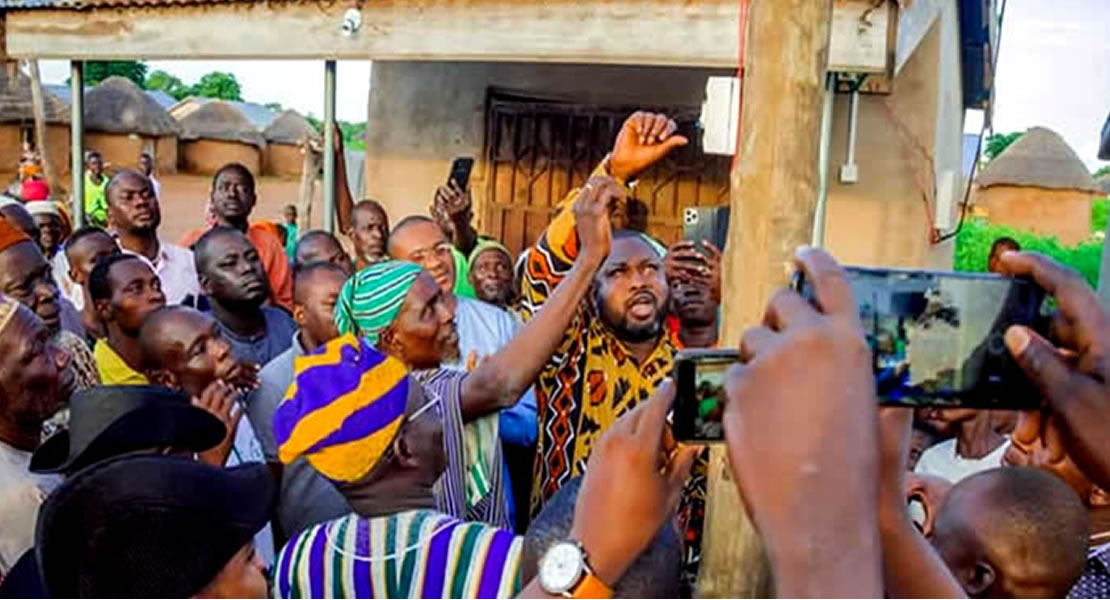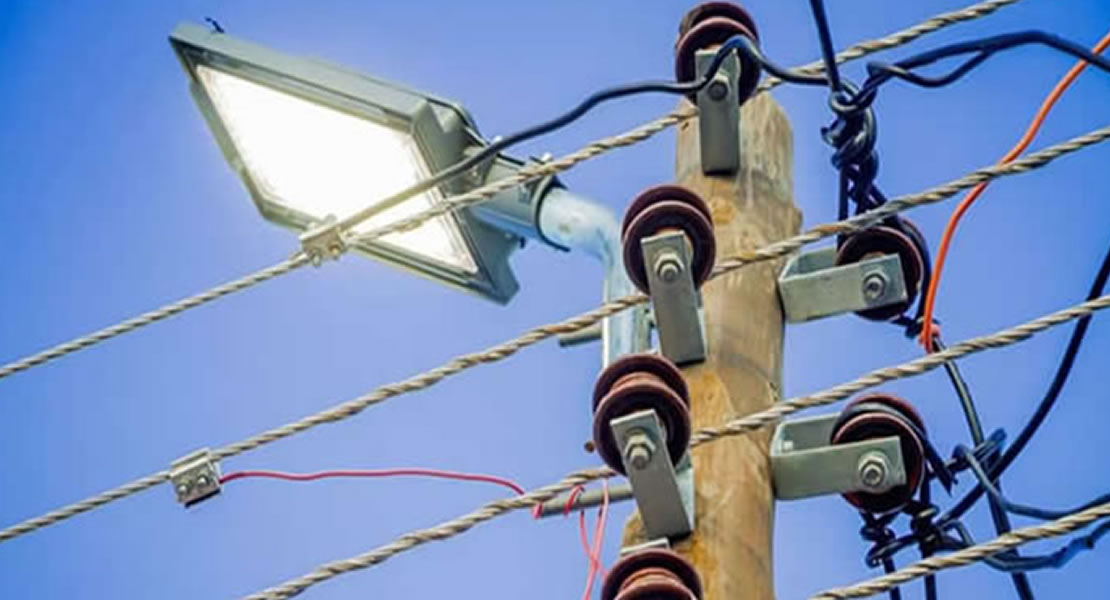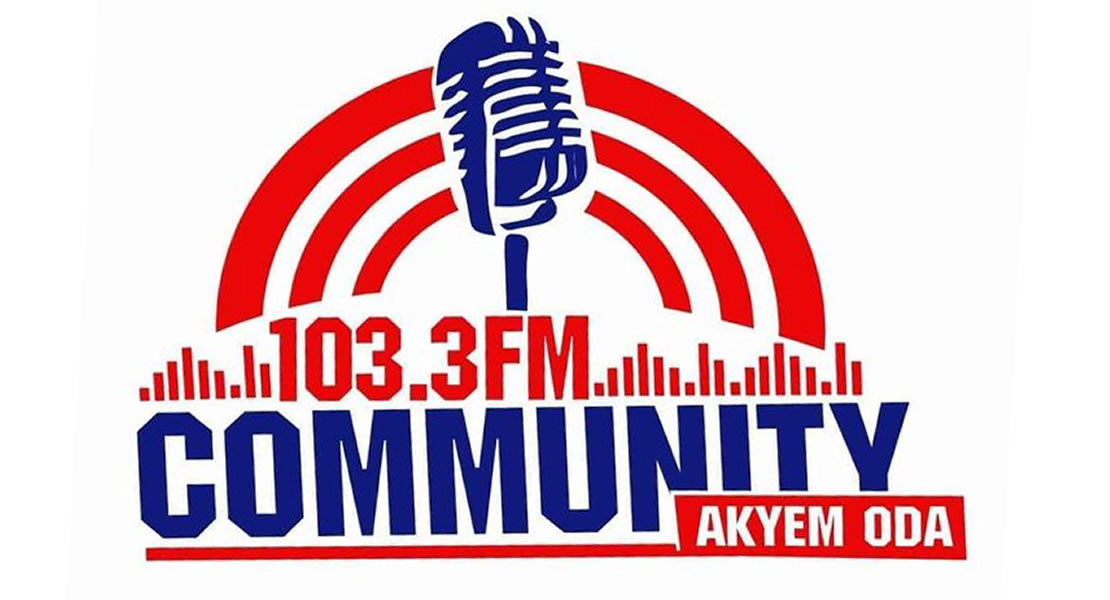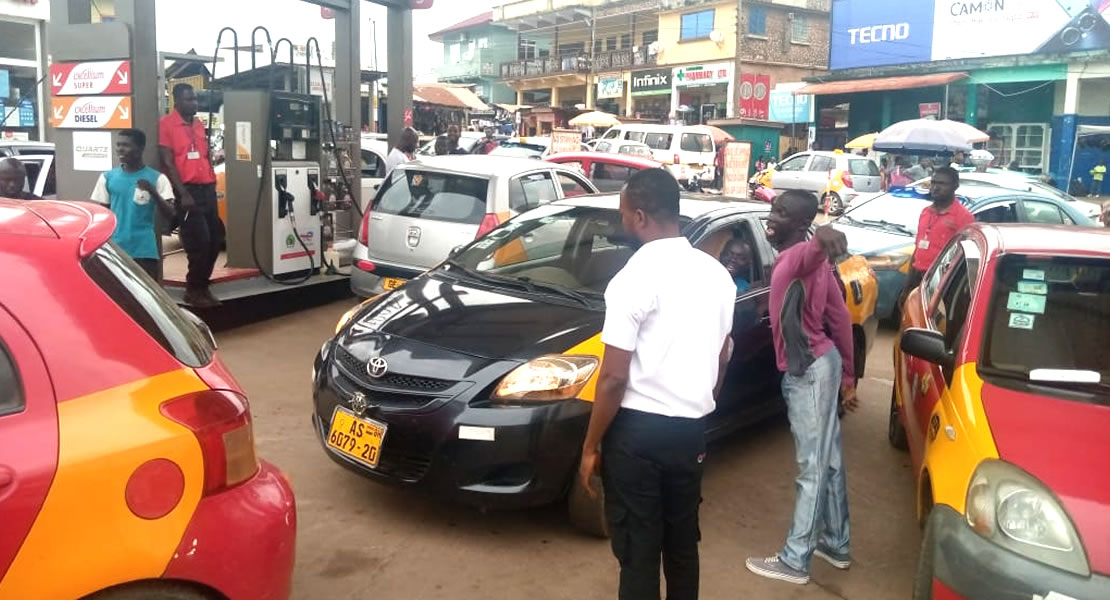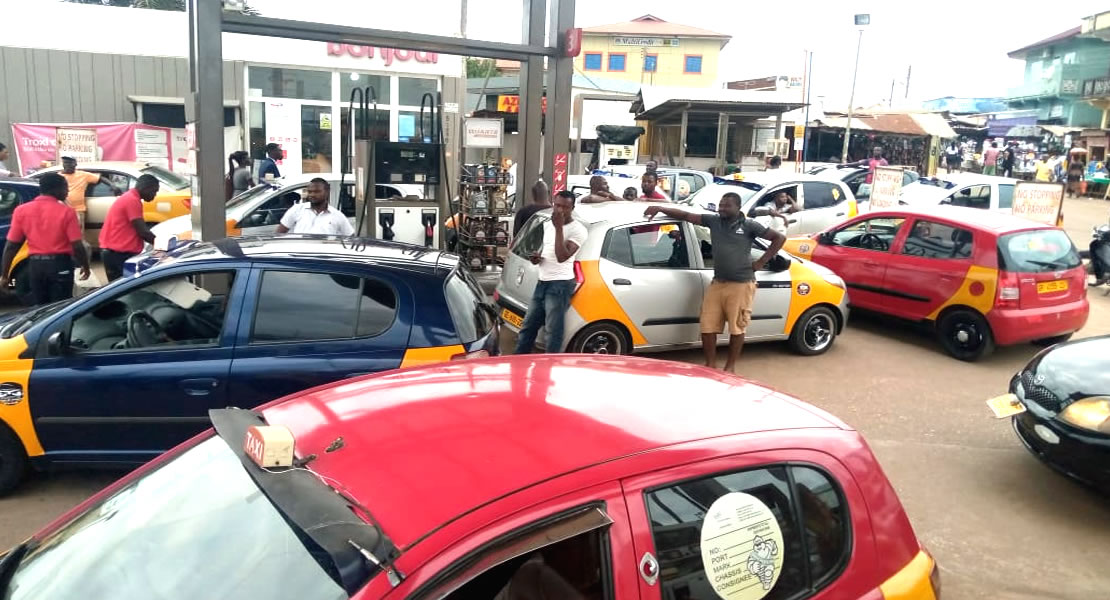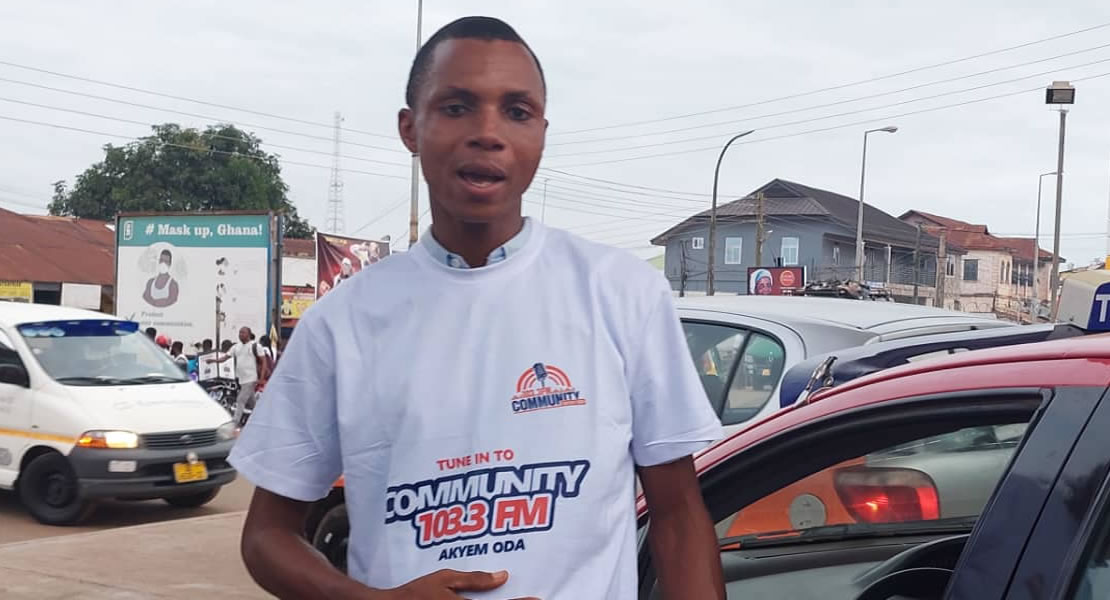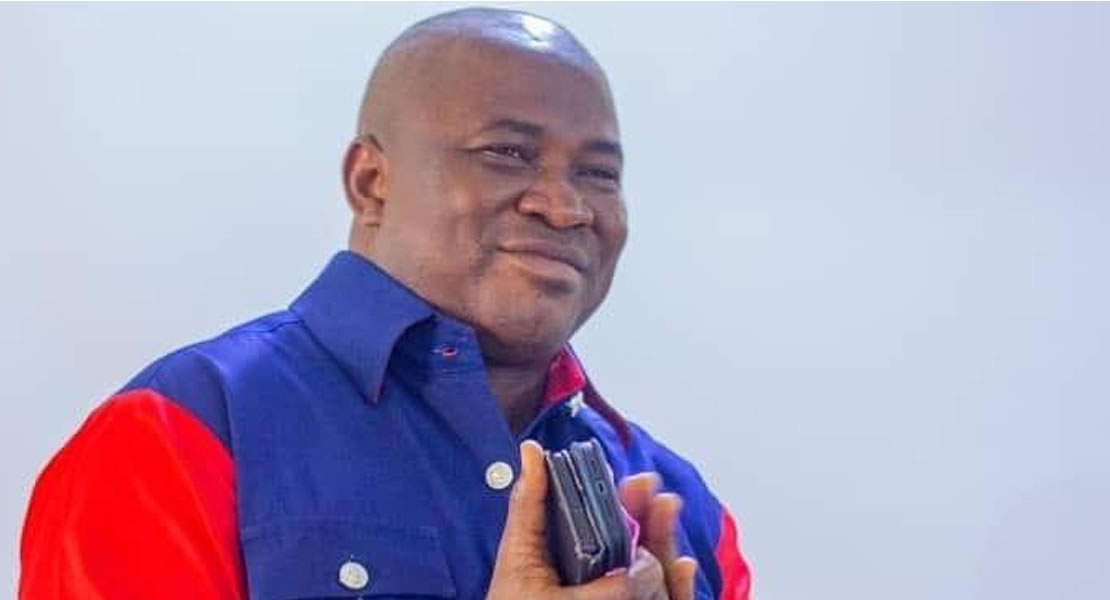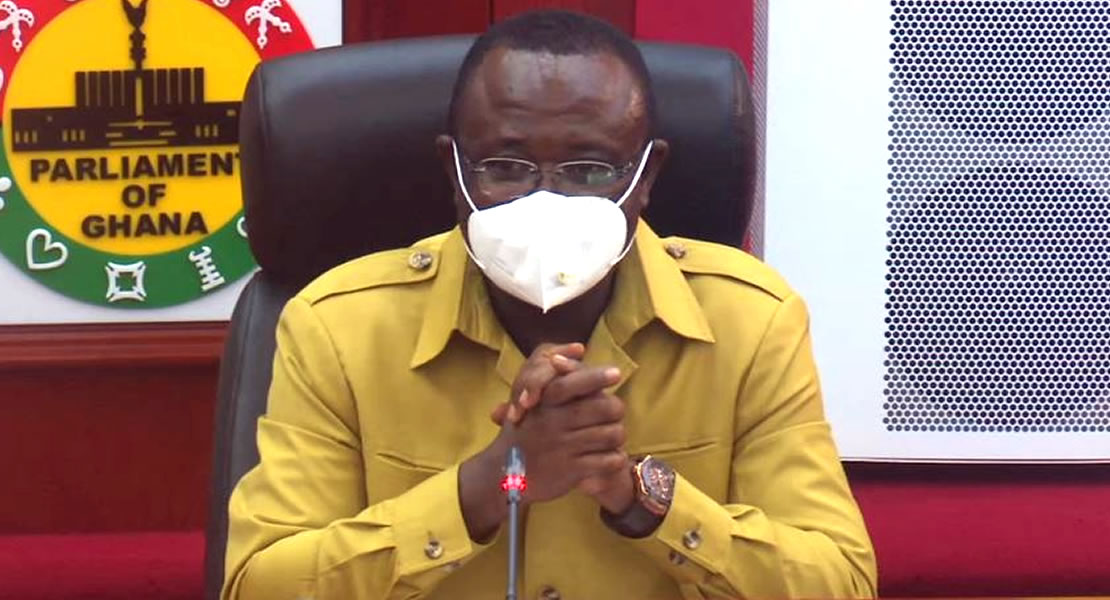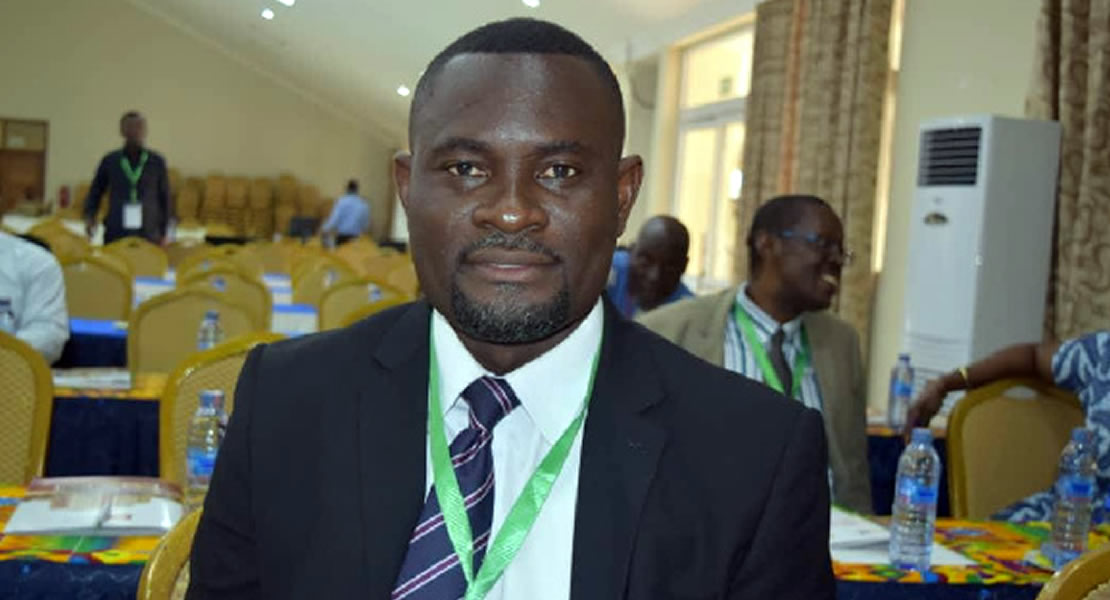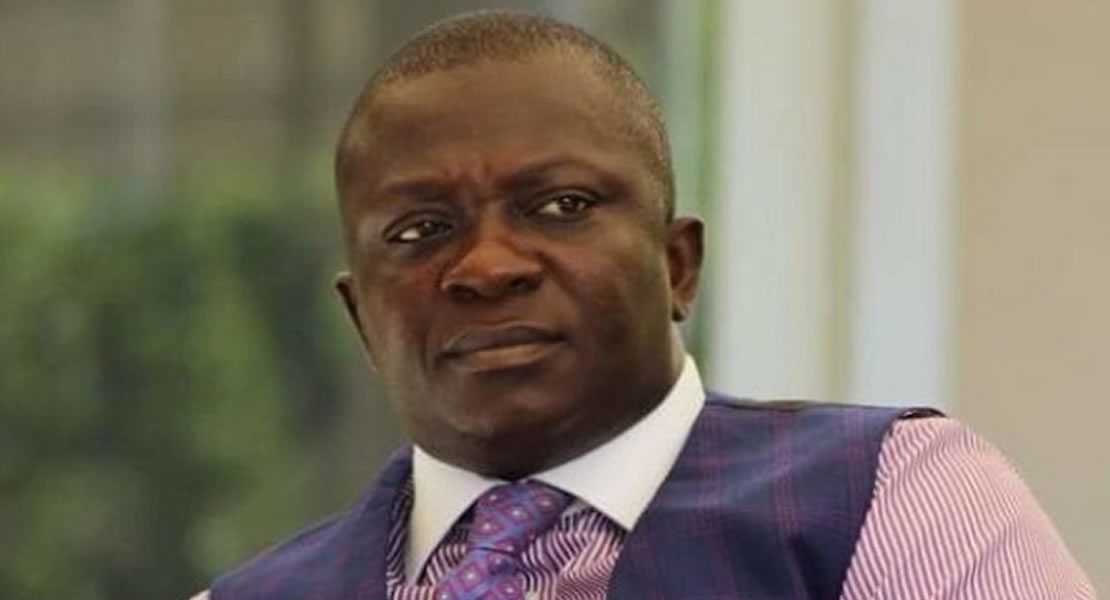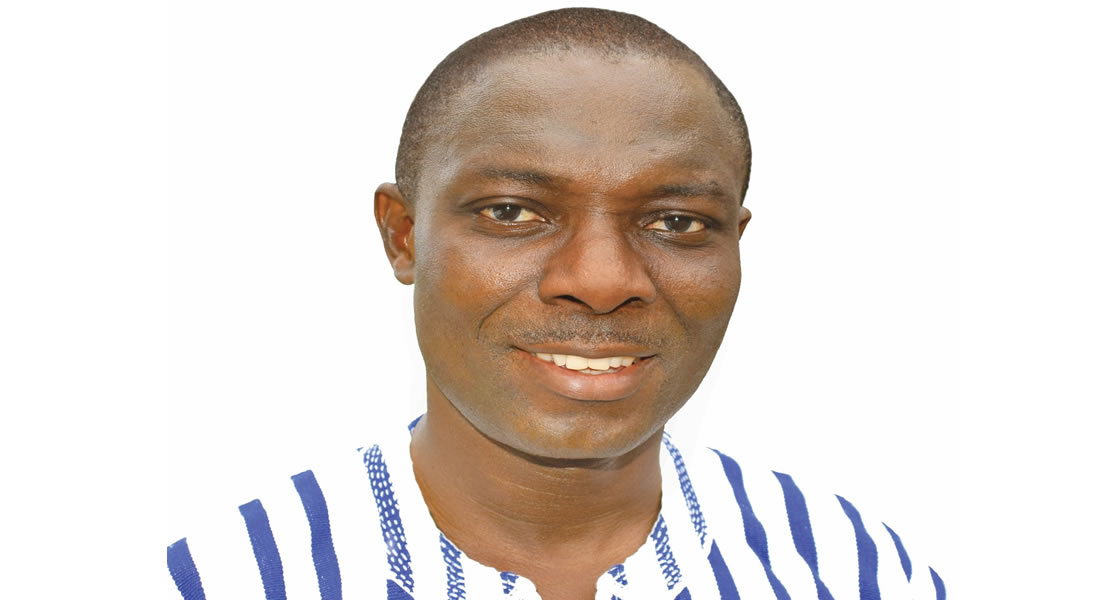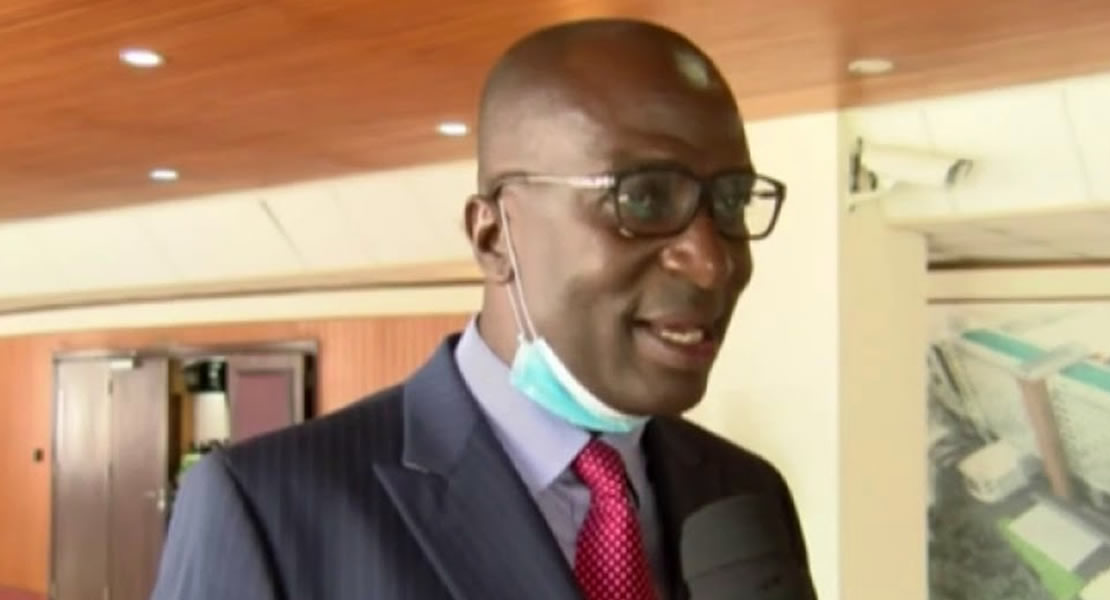Residents of Glefe, a community in the Ablekuma West constituency of the Greater Accra region, are calling on city authorities, to as a matter of urgency, desilt the Glefe lagoon in order to end flooding in the area.
According to the residents, each time it rains, the area gets so flooded that life virtually comes to a standstill. The Glefe Lagoon, which previously provided fish for consumption has now been turned into a refuse dump, a situation, residents say has made life uncomfortable for them.

They claim that, not even destruction caused by regular flooding in the area anytime it rains has changed the heart of those behind these unfortunate developments. The residents bemoaned the sorry state of the lagoon, blaming the activities of individuals who turned the lagoon into a refuse dump.
Meanwhile, the people complained bitterly about neglect, saying there are no social amenities in the area, adding that the MP who should be their voice for development is never available for them to discuss their plight.
They are thus calling on the Assembly and the central government to come to their aid to help improve their livelihood.
Ghanamps.com
Click here to watch the Video

